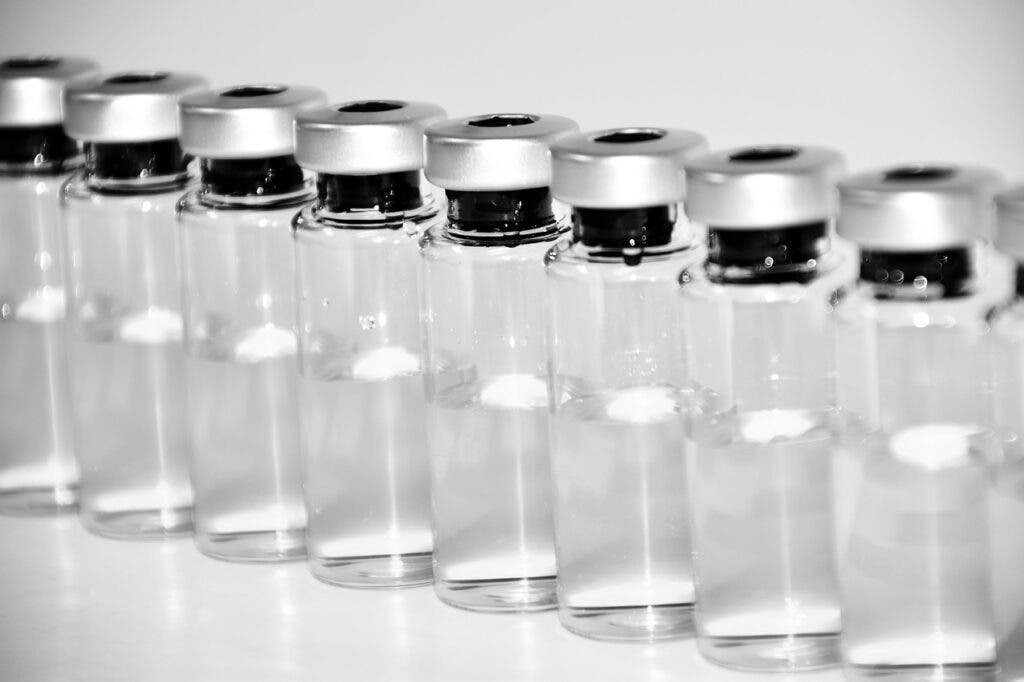AstraZeneca expects its vaccine to be ready by December and if regulatory bodies move fast, hundreds of millions of doses could be delivered by January, CEO Pascal Soriot said in a press conference.
“But we have to ascertain that the vaccine really works,” he said.

Quick progress
For months, AstraZeneca has been one of the frontrunners in the coronavirus vaccine race. The British-Swedish company is working with the University of Oxford to produce the vaccine which entered large-scale trials in early September.
So far, the results look promising. Although trials were temporarily stopped because of health concerns with a participant in the UK, they have since been resumed and there seems to be no indication of dangerous side effects.
“Regulatory authorities are working continuously with our data. If they are fast when we are ready, we can start vaccinating people in January, possibly at the end of December,” Soriot was quoted as saying by Swedish daily Dagens Nyheter on Saturday.
However, we still don’t have any official data from large-scale trials regarding vaccine effectiveness. In the smaller-scale trials (1,077 participants), the vaccine produced immunity in 91% of participants after one dose and 100% of participants after the second dose. If this is also confirmed on the large-scale trials (around 50,000 participants), then a two-dose vaccine would likely be recommended.
The vaccine is already being produced
After the vaccine data comes in (which is expected to happen in December), it still can’t be distributed yet: regulatory bodies need to analyze the data and grant it approval, and this could take a while. However, one Australian company is betting that things will proceed smoothly and is already producing the vaccine before its approval (you can produce it before approval, just not distribute it).
The company, CSL, is making about 30 million doses of the Oxford-AstraZeneca vaccine trying to get a head start and expects to distribute them by mid-2021. Among others, the European Union, the US, Britain, Japan, and Brazil have already signed contracts for hundreds of millions of doses, which will be produced and distributed starting late December or January, if everything goes according to plan.
AstraZeneca and Oxford have pledged to distribute the vaccine on a non-profit basis during the coronavirus pandemic. After the pandemic, the company will continue to provide the vaccine on a non-profit basis for developing countries and at a “relatively low cost” for wealthy counties, said Ruud Dobber, president of AstraZeneca’s US unit, to AP.
“We are extremely committed to make sure that not only the rich countries but also, once again, the low- and middle-income countries can afford to have this vaccine in order to protect their people,” Dobber said in an interview.
We don’t know how long immunity lasts (it could theoretically vary from a few months to lifetime immunity). Most experts believe there will be a need for revaccinations, perhaps every year or so.
The first batches of the vaccine will prioritize medical personnel and at-risk individuals.






